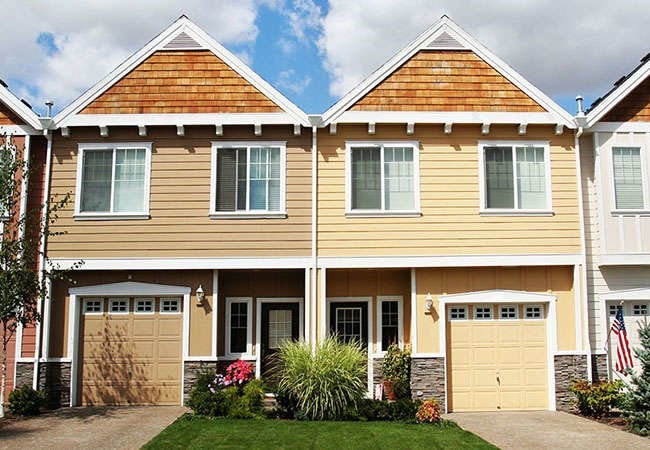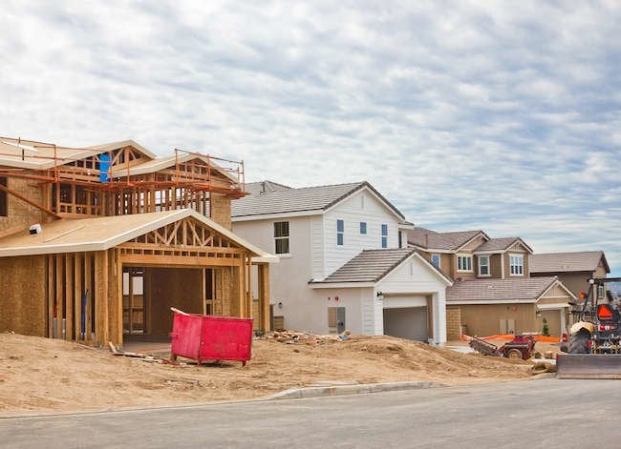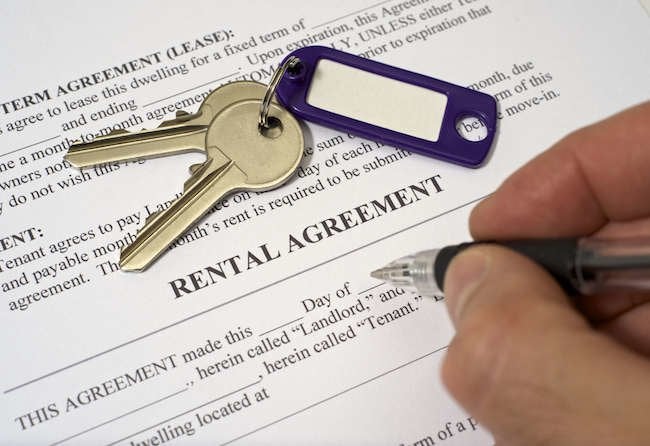We may earn revenue from the products available on this page and participate in affiliate programs. Learn More ›
A Big Investment

Congratulations, first-time homeowner! For lots of folks, purchasing a house is the single largest investment of a lifetime. But buying a home is not a one-and-done venture. Successful homeownership involves setting both short- and long-term goals for your new property, your family, and your lifestyle so you can enjoy your abode without feeling financial strain—and while ensuring that your investment appreciates in value.
Neglecting Maintenance
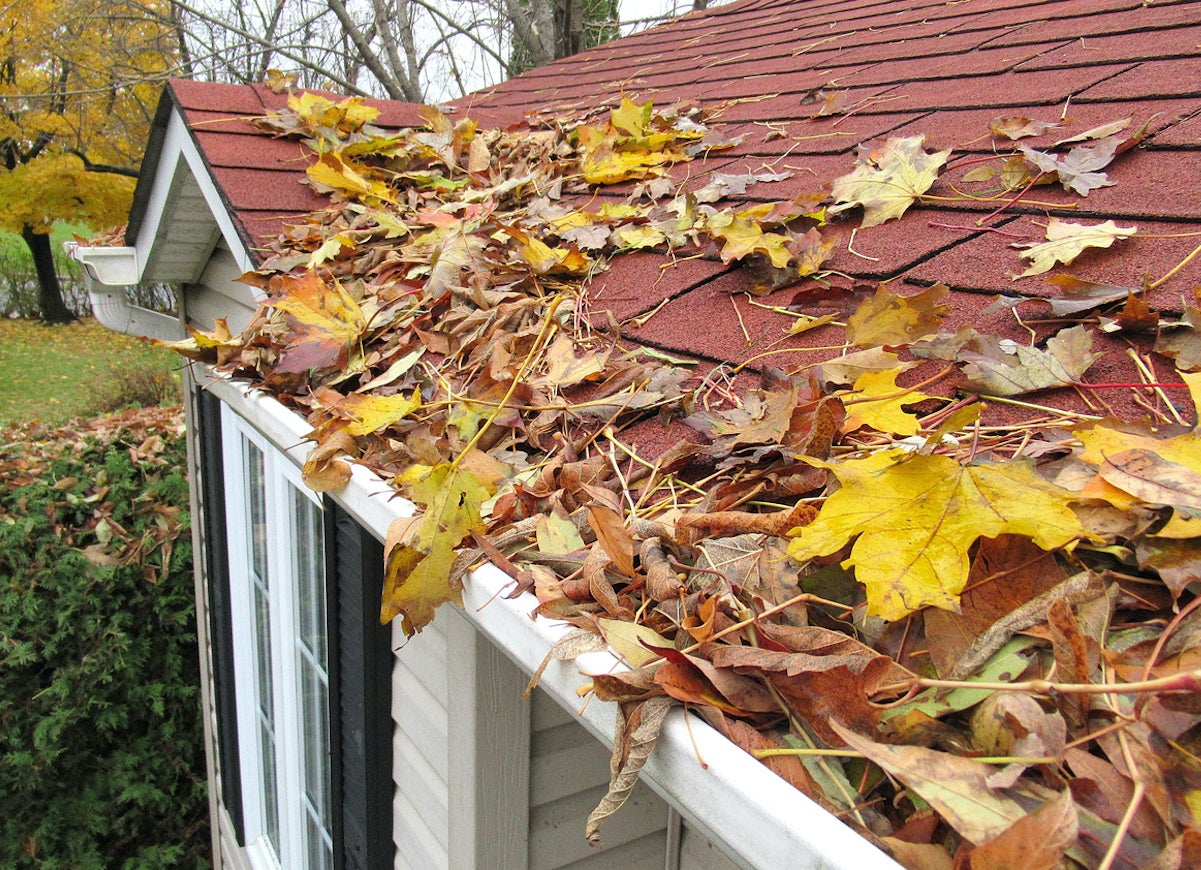
Most sellers spruce up the house and address repair problems before putting it on the market, so when new buyers move in, the home is usually in pretty good shape. But like all man made things, a house requires ongoing maintenance. Neglecting to perform routine tasks, such as changing HVAC air filters every three months, clearing dry leaves from the gutters, or having a technician service the furnace annually can result in damage and costly repairs.
Failing to Establish an Emergency Fund

Life challenges happen, and hard times can be impossible to predict. When there’s not enough money to cover the bills if a homeowner loses a job or if an expensive repair crops up, it can strain finances and—worst case scenario—lead to foreclosure. A good rule of thumb after closing on a house is to forego any nonessential big-ticket items until you’ve saved up enough money to cover six months of your normal payments. This fallback fund will ensure that an unexpected emergency won’t create a financial disaster.
Buying a House You Can’t Quite Afford

Human beings are aspirational creatures, so when a lender pre-approves the amount you can spend on a house, you may be tempted to purchase a place at the top of that range. Maybe your real estate agent tends to show you higher-priced properties, or you’re (perhaps subconsciously) trying to keep up with the Joneses you don’t even live next door to yet! Take a step back and accept the fact that it can be unwise to buy a house at the top end of that price range. Doing so will increase mortgage costs, which could pinch your monthly cash flow and keep you from affording other necessities, such as healthcare costs.
Related: How to Avoid Overpaying for a House
Making Major Changes too Soon
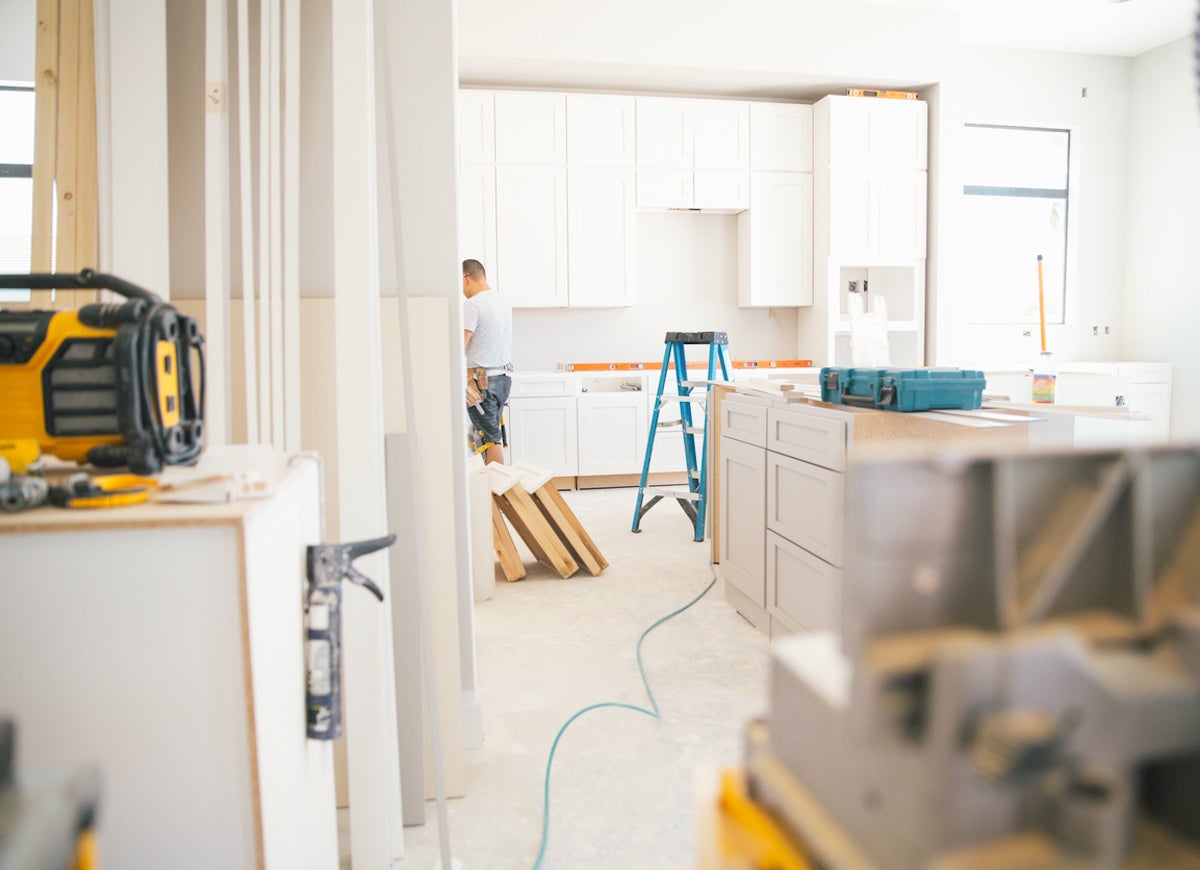
Owning a home is exciting, and it’s only natural that you’d want to take steps to make the place truly your own with renovations or remodeling. But any honorable contractor would advise you to wait at least a year before undertaking any major projects. By living in the house for a while first, you’ll become better acquainted with its perks and quirks, and after a year, the changes you want to make may not even resemble the ideas you had when you first moved in.
Not Budgeting House-Related Expenses

Buying a house costs more than just writing that monthly mortgage check. New owners should also be aware of related costs, such as homeowner’s insurance, property taxes, utilities, and homeowners association (HOA) fees, as well as the cost of buying the tools and equipment to care for the landscape and handle DIY repairs. Creating a budget to account for all the new items you’ll need as a homeowner will help you allocate your money wisely.
Related: 10 (Major) Costs Every Homeowner Needs to Be Prepared For
Buying All New Furnishings

New house, new stuff? While it sounds reasonable, purchasing all new furnishings to create a fresh look in your home can be a mistake for two reasons. First, if your budget is already tight, this will only make it tighter. Second, it’s a good idea to live in the house for several months before investing in new furnishings so you can get a better feel for what you want. For example, a round bed might seem fabulous today, but a year from now it could seem gauche and dated. Impulse purchases can lead to buyer’s remorse when it comes to furniture and appliances.
Property Line Projects
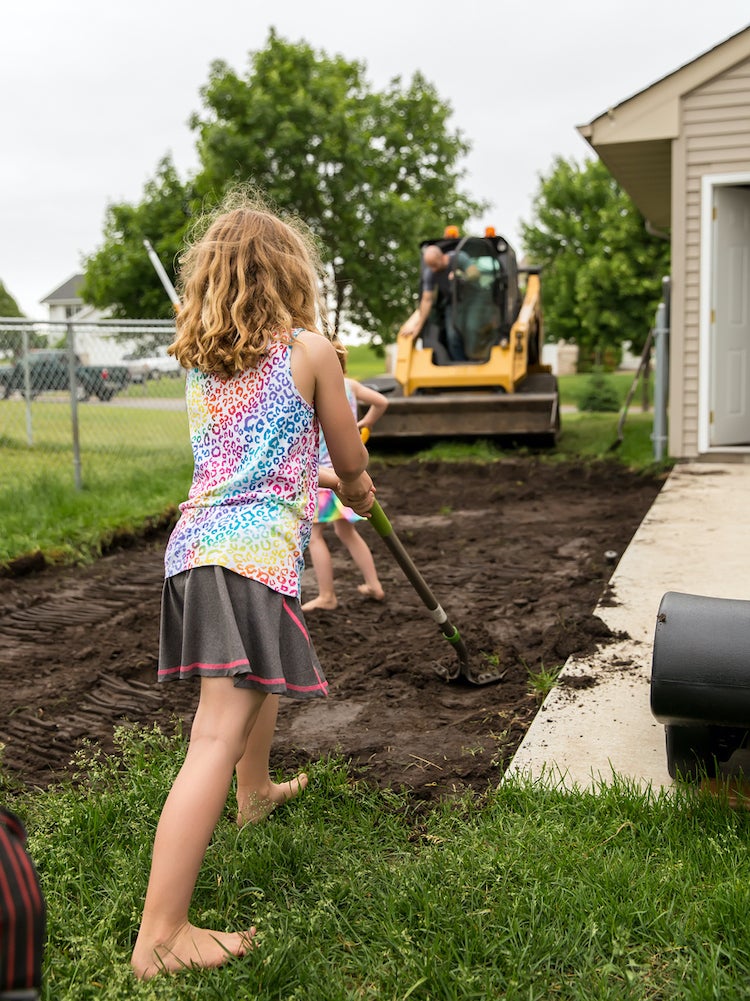
You may wish to define your new property with a row of trees or a fence, but avoid planting or building along a property line until you know where the line officially lies. What appears to be the property line—such as the grass line where the neighbor always mows—often isn’t. The real property line may be a few feet in either direction, and the last thing you want is trouble with new neighbors. Before doing anything on a property line, have a City Surveyor come out and determine the actual lines. Once you know, it’s also not a bad idea to discuss your plan with your neighbors; you don’t need their approval, but they might have some helpful advice and they’ll surely appreciate your kindness.
Related: 12 Things You Don’t Realize Are Annoying Your Neighbors
Impulsive Landscaping

It can be tempting to run out and buy some trees and shrubs to make a new yard look less bare, but these types of plantings are a commitment. It’s a smarter idea to spend some time figuring out a long-term landscape design first. Explore lawn and garden ideas online, then research various flora to determine what will flourish in your region without needing special care. Then sketch out a design, tinkering with it until you have the sense that everything you add to the landscape will be cohesive, rather than make the yard look haphazard.
Related: 12 Landscaping Mistakes that Pros Have Made and Learned From




